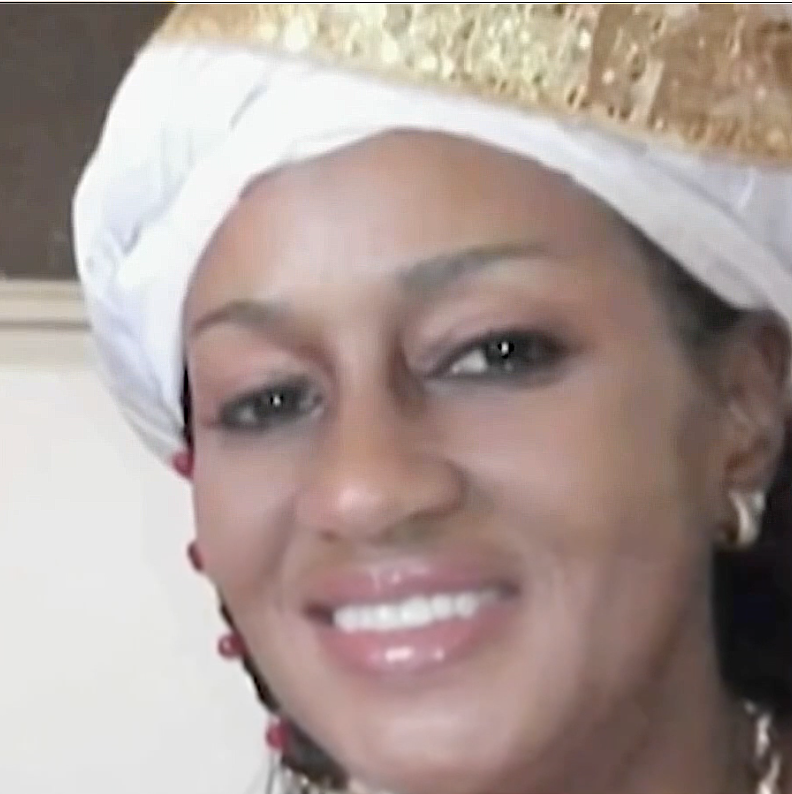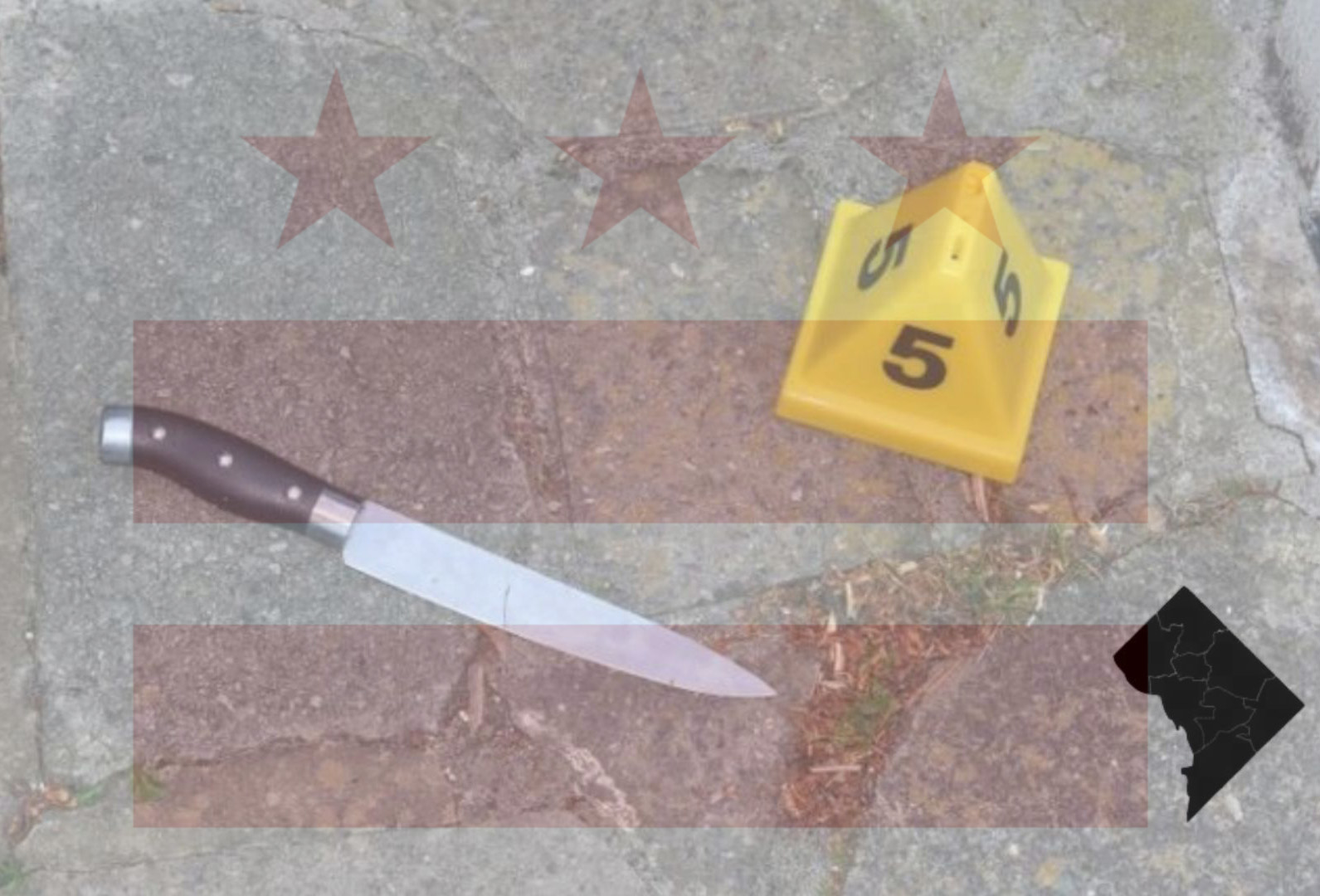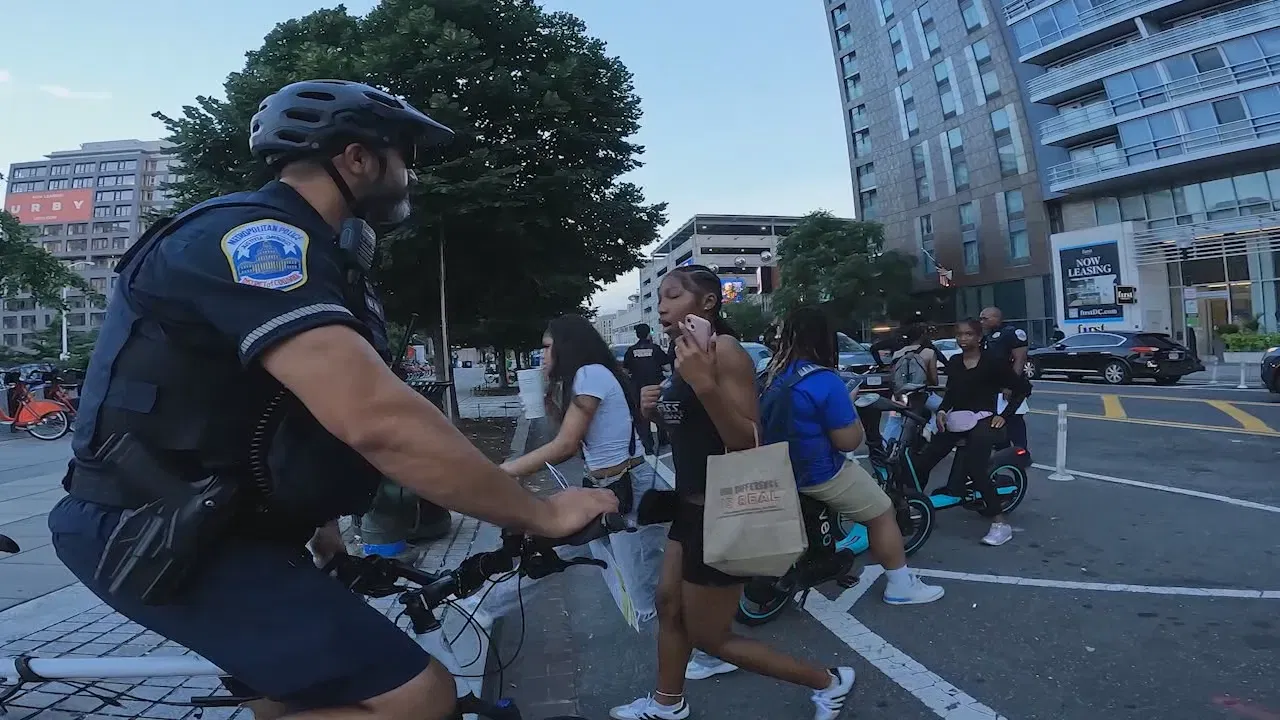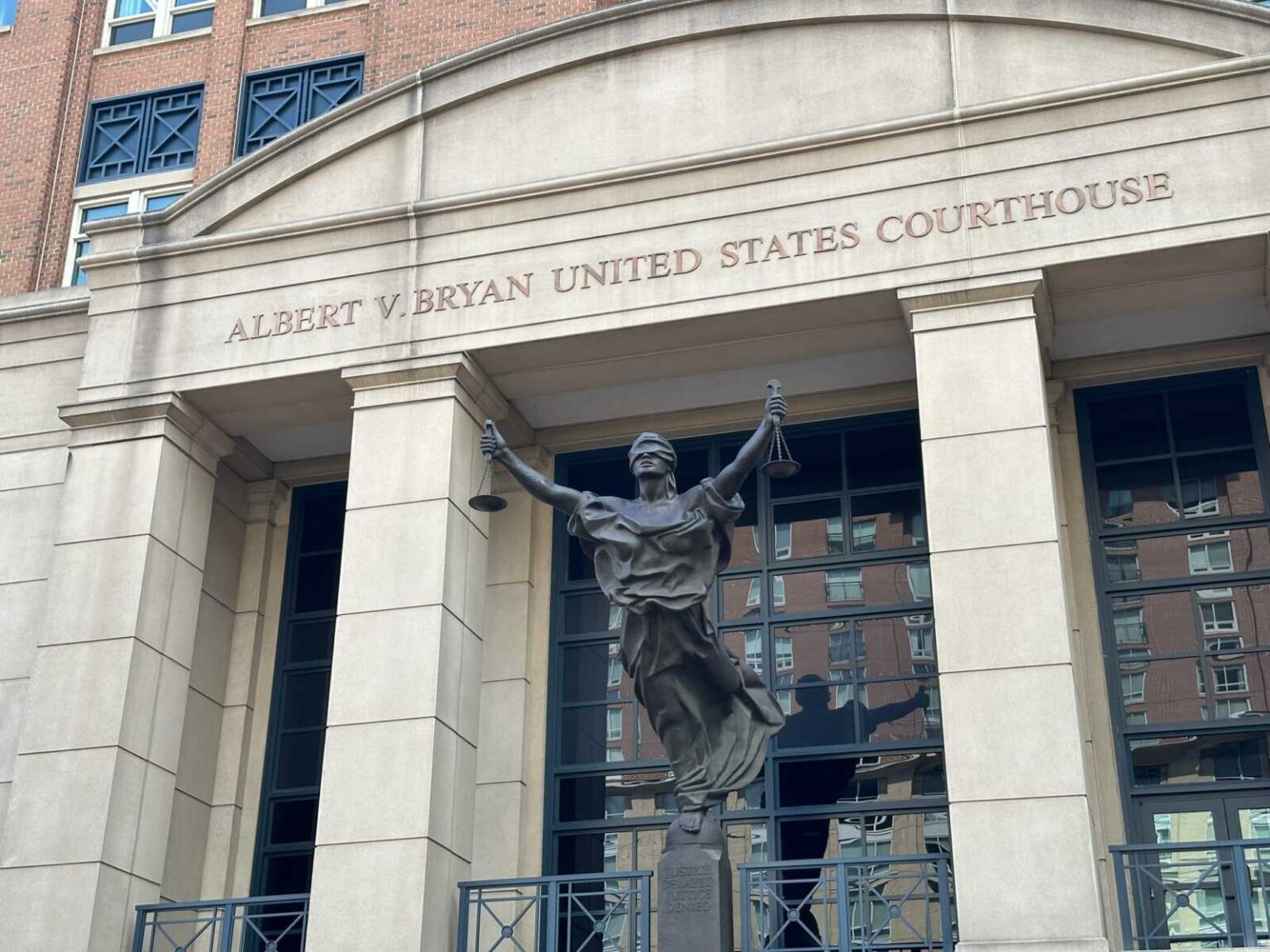In a deeply unsettling case that shocked the Washington, D.C., metro area, a man was convicted Tuesday for the brutal murder and dismemberment of a beloved elementary school teacher from Prince George’s County, Maryland. The verdict comes nearly two years after the victim, 59-year-old Mariame Toure Sylla, vanished following a routine walk in a nearby park.
Guilty Verdict in a Chilling Case
Harold Francis Landon III was found guilty of first-degree murder after a jury deliberated for less than 90 minutes. The conviction follows a monthslong trial that included graphic evidence, emotional testimonies, and a complicated investigative timeline. Landon, now awaiting sentencing scheduled for October 17, could face life in prison for the crime.
The courtroom remained tense as family members of the victim, particularly her sister, Fatima Toure, called for justice and community vigilance.
“It’s about protecting each other and holding a collective responsibility to ensure someone like this never has the chance to harm another innocent life,” said Toure.
A Teacher’s Final Walk
On July 29, 2023, Mariame Toure Sylla left her Greenbelt home to take a walk at Schrom Hills Park—a familiar and peaceful place just minutes from her residence. A devout woman, she never missed evening prayer, and when she failed to return that night, her absence set off immediate concern among family and friends.
The next day, Sylla was reported missing. A massive search effort began, including community members, law enforcement, and local volunteers. Sadly, the investigation took a tragic turn when Sylla’s dismembered body was discovered near a retention pond in Clinton, Maryland. The most gruesome discovery—a torso—was made by a witness who had previously seen a suspicious white pickup truck in the area and had the presence of mind to take photos.
Evidence That Pointed to Landon
Investigators quickly identified Harold Francis Landon III as a suspect. State’s Attorney Aisha Braveboy personally led the prosecution, describing Landon as someone who had “let the savage inside of [him] out,” referencing a jailhouse phone call played in court.
Although the prosecution did not outline a specific method of murder or a clear motive, the physical evidence proved compelling:
-
DNA Evidence: Sylla’s DNA was found on Landon’s boots.
-
Her Clothing: Several articles of her clothing were discovered in the bed of Landon’s truck.
-
Phone Records: Cellphone tracking data placed both Sylla and Landon on a nearly identical path around the time she disappeared.
-
Eyewitness Testimony: A key witness saw Landon’s truck in the same area where the body was discovered. He also testified to seeing a person unloading something suspicious from the vehicle on the night Sylla was killed.
Braveboy emphasized the premeditated and calculated nature of the crime, arguing that the evidence reflected an intentional and deeply violent act.
The Defense: No Motive, No Cause of Death
Landon’s attorney, Richard Rydelek, attempted to cast doubt on the state’s case by focusing on what he described as emotional manipulation through graphic images and an unclear motive.
“A fair trial is not a trial ruled by inflamed passions,” Rydelek told the jury. He pointed out that the medical examiner did not determine an exact cause of death and suggested alternative theories, including that Sylla’s death could have been the result of a tragic accident followed by poor decisions made in fear or panic.
Still, jurors were unconvinced. The consistency and volume of circumstantial and forensic evidence ultimately overwhelmed the defense’s arguments.
Remembering Mariame Toure Sylla
Mariame Toure Sylla was more than a victim. She was a cherished teacher at Dora Kennedy French Immersion School in Prince George’s County and a respected member of her community. A native of the Ivory Coast in West Africa, Sylla dedicated her life to education and had plans to return to her homeland, where she had purchased a home and dreamed of retirement.
“She had a heart full of love for her students and her community,” said a fellow educator from Dora Kennedy. “This loss is deeply personal for all of us who knew her and worked alongside her.”
The trial stirred memories of her unwavering commitment to education, kindness to colleagues, and hopes for a peaceful life back in her home country.
Community Impact and Prosecutor’s Resolve
State’s Attorney Braveboy’s decision to personally prosecute the case reflects how seriously the county took the murder. In her closing arguments, she appealed not only to the law but to the moral conscience of the jury.
“This is about justice,” Braveboy told reporters after the verdict. “Justice for a woman who was loved, who was valuable, and who had every right to take a walk in a public park and return home safely. She never got that chance.”
Community members have since raised concerns about park safety and called for more surveillance and lighting in local recreational areas. The tragedy has led to renewed discussions about violence against women, particularly women of color, and how communities and local governments must work together to ensure their safety.
What Comes Next
Landon now awaits sentencing, and while the verdict offers some relief to Sylla’s grieving family, the emotional scars remain. Fatima Toure and other family members have called for continued remembrance of Mariame’s legacy—not through grief alone, but by inspiring action to prevent similar tragedies.
“We have to make sure she didn’t die in vain,” her sister said. “We owe that to her. And to every woman who dares to live her life freely and safely.”
As the Prince George’s County community reflects on this devastating loss, many will carry forward the memory of a woman whose life was tragically stolen—but whose impact will never be forgotten.













Leave a Reply